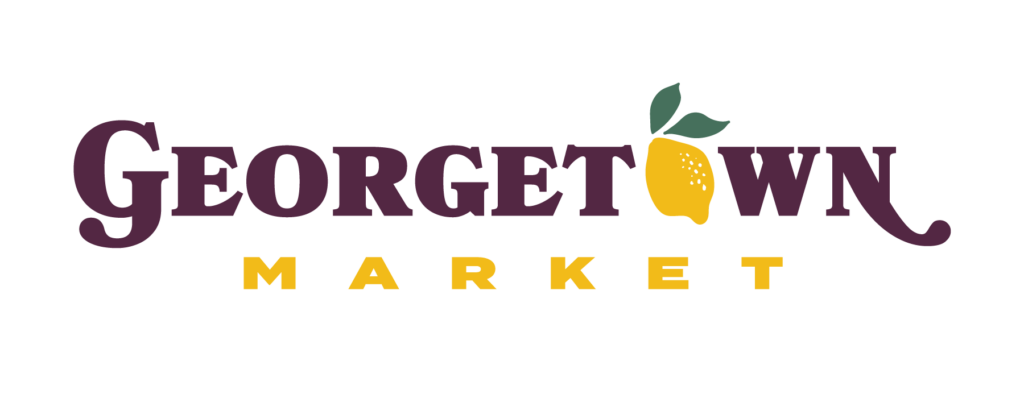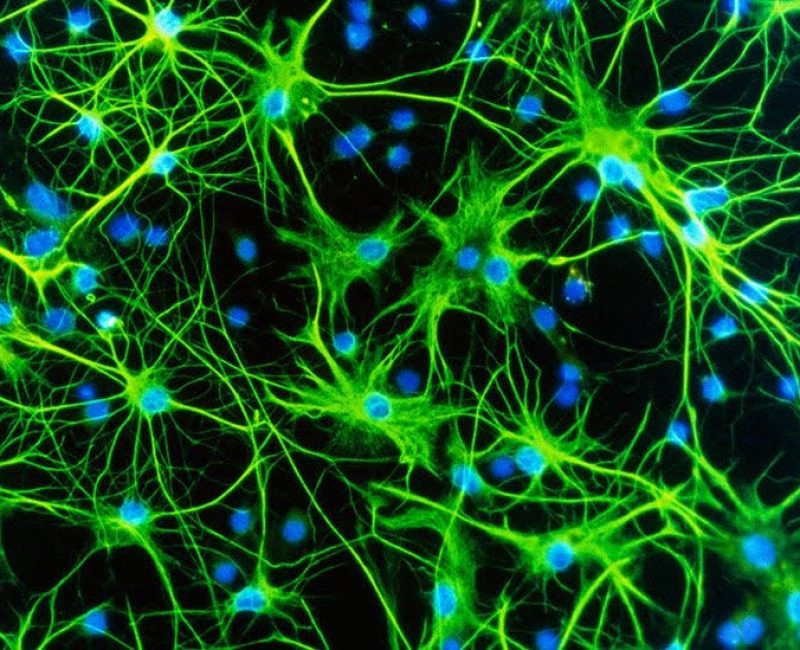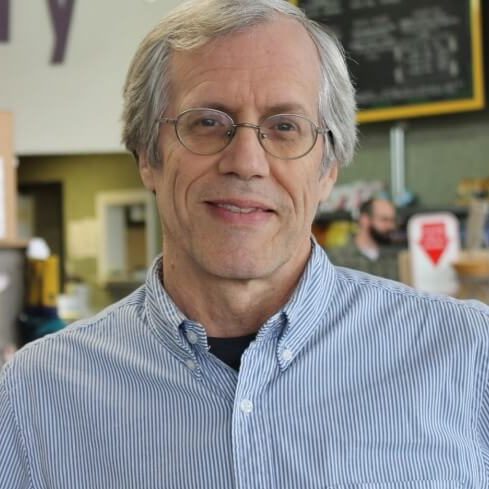There is a new paradigm in human biology that has emerged in the ongoing global epidemic of noncommunicable diseases. Old biology beliefs are being replaced by new biology. This is a very complex subject which will require multiple blog posts so please look forward to more articles on this subject. The information I will share comes primarily from the works of Rodney Dietert, PhD, who authored a landmark book titled “The Human Superorganism.” This is exciting information to share as it will undoubtedly change medicine and revolutionize the pursuit of a healthy life. First, what is a noncommunicable disease? Commonly referred to as a chronic disease, noncommunicable diseases (NCDs), which are not contagious, include diseases or conditions such as cancer, diabetes, heart disease, Alzheimer’s, asthma, autism, autoimmune diseases, Crohn’s, Parkinson’s, allergies, obesity and even depression. There are many more NCDs.
Old biology, genetically speaking, viewed humans as a single species. It was thought we were comprised of gene cells, and the goal was to avoid microbes and be germ-free. New biology shows we are clearly multi-species, and our biological identity and health are intertwined with that of our microbial partners. We now know that 99 percent of the genetic information within us is not from our genome. Our genes only account for 1% of the cells in and on our body! According to Dr. Dietert, the study of our microbiome reveals we are a microbial storage machine designed to pass our microbes along to future generations. We are also a conglomerate of thousands of different species derived from our ancestors.
We learned from the Human Genome Project that we have about 22,000 genes, barely beating out the roundworm in gene-encoding proteins. We have ten million microbial genes! How can we develop, survive and even thrive with so few mammalian genes? The answer is we do not. Next month’s discussion will focus on our microbial partners, what the microbiome is and how it affects our health and specifically its relationship with NCDs. For more information, contact me at RickATgeorgetownmarket.com.



